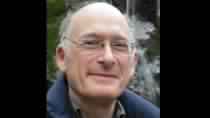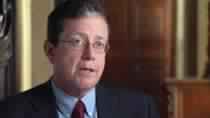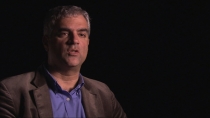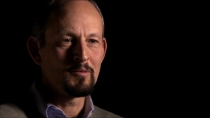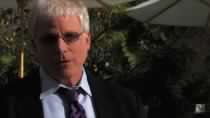Daniel Wile Ph.D.
Dr. Wile received his B.A. from the University of Chicago and his Ph.D. from the University of California, Berkeley. He has been doing couple...
Roy Baumeister, Ph.D.
Dr. Baumeister is the Eppes Professor of Psychology and Head of Social Psychology Graduate Training Program. He grew up in Cleveland, the oldest child...
Ben Dattner, Ph.D.
Dr. Dattner is an organizational psychologist and workplace consultant. He essentially applies psychotherapy to the workplace, helping individuals and organizations to do their job...
Xavier Amador, Ph.D.
Dr. Amador is a Clinical Psychologist, a Professor at Columbia University, author of eight books, and an internationally sought-after speaker. In addition to continuing...
Thomas Bradbury, Ph.D.
Trained as a clinical psychologist at the University of Illinois, Dr. Bradbury studies how intimate relationships develop and change. His work demonstrates that change...
C. Sue Carter, Ph.D.
Dr. Carter is a Professor of Psychiatry and the Co-Director of the Brain Body Center. She studies the neurobiology of monogamy, social bonds and...
Nicholas A. Christakis M.D, Ph.D.
Dr. Christakis is a Professor of Medical Sociology, Sociology, and Medicine. He has spent the last ten years studying social networks. His research focuses...
Marc Hauser, Ph.D.
Dr. Hauser is Professor of Psychology, Organismic & Evolutionary Biology, and Biological Anthropology. He is also an Adjunct Professor at the Harvard Graduate School...
John Cacioppo, Ph.D.
Dr. Cacioppo is the Tiffany and Margaret Blake Distinguished Service Professor and Director of the Center for Cognitive and Social Neuroscience at the University...
David Buss, Ph.D.
Dr. Buss conducts research on strategies of human mating, sexual jealousy, sexual motivation, conflict between the sexes, sexual predators, stalking, and motives for murder....

